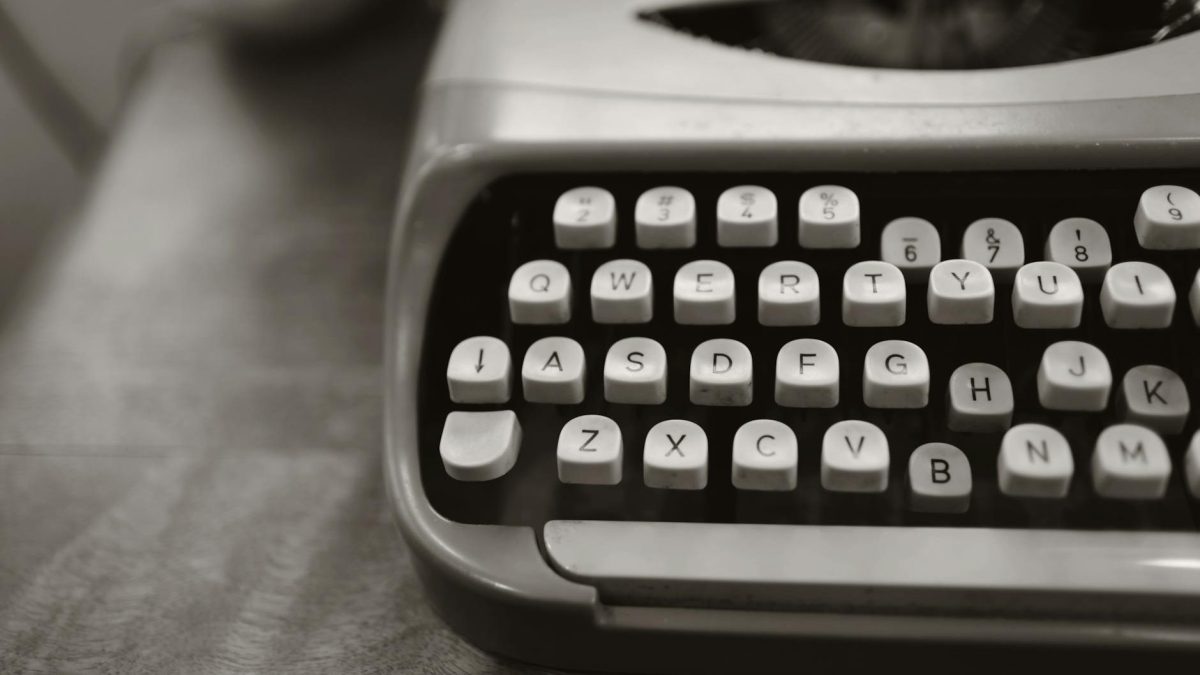By hand or by machine?
If after reading the previous sentence your mind has visualised a detergent, I think we are in the same generation, the one that has moved at lightning speed from analogue to digital life and that, being already immersed in the online world, still maintains certain resistance.
But surprise, surprise, no, I’m not going to talk about washing machines or detergents, but about the ancient art of writing.
Think for a moment about the last few months, have you ever written a handwritten text on paper? It doesn’t have to be a long letter, I would even dare to ask you about your shopping list: have you written it down on a post-it or have you sent it to your exclusive WhatsApp autogroup, or do you record it in your smartphonenotes, or as a task in your online calendar?
I am sure that in many cases the first option will not be the most used, and we cannot deny that writing by hand is falling into disuse. Even our children, at the age when they are learning to write, reject the pencil and are not far from tapping with their fingers on their notebooks… Should we force them to write by hand or should we let them continue to advance in their digital skills and type with fluency?
A paradigm shift
Well, dear readers, we are once again at the crossroads: is this good or bad, what are the implications of this change, and is technology an ally that makes our lives easier? Different studies carried out at various international universities have come to the same conclusion: writing by hand is good for our brains.
And why is writing the old-fashioned way good for our little heads? Because it has been proven that writing by hand stimulates the parts of the brain that deal with creativity, logic, memory and motor coordination. When we write by hand, we make an effort to understand, synthesise and outline the information so that it is understandable, and in this process, our brain is at its best, internalising the idea, assimilating it and sending our hand the signal that will activate its movement so that it transcribes our thought.
Wow, seen like that… who doesn’t want to throw the keyboard in the trash and pick up a pencil? Well, unfortunately, few of us do, because the speed with which we type overtakes the hand of even the most experienced scribe by the right, and this, in the rushed times in which we live, is an advantage that is hard to compete with.
If you think about it, when we type what we hear, for example, taking notes, we transcribe almost verbatim what we are told, with no cognitive effort on our part, but rather passively, intellectually speaking.
According to the studies I mentioned above, the fact that we learn more by writing “pen in hand” has been proven.
For example, two groups of subjects were tested by dictating the same text to two groups of subjects. Those in the first group wrote it by hand on paper, and those in the second group typed it on a PC with a keyboard. Well, the results left no room for doubt. The first group was able to remember and understand better what they wrote down because they had processed the information more deeply, while the second group had more difficulty in doing so because they had not made a cognitive effort to understand and synthesise what they were hearing.
On a personal level, I confess that the research I have done to write about this topic has taken a load off my mind. After a year of chaos trying to adapt to Google Calendar, I resigned myself to my traditional pocket calendar. I thought I was old-fashioned, but no, it turns out that everything has an empirical explanation, and I don’t know about you, but the fact that my anachronistic behaviours are backed by science makes me feel more at ease.











